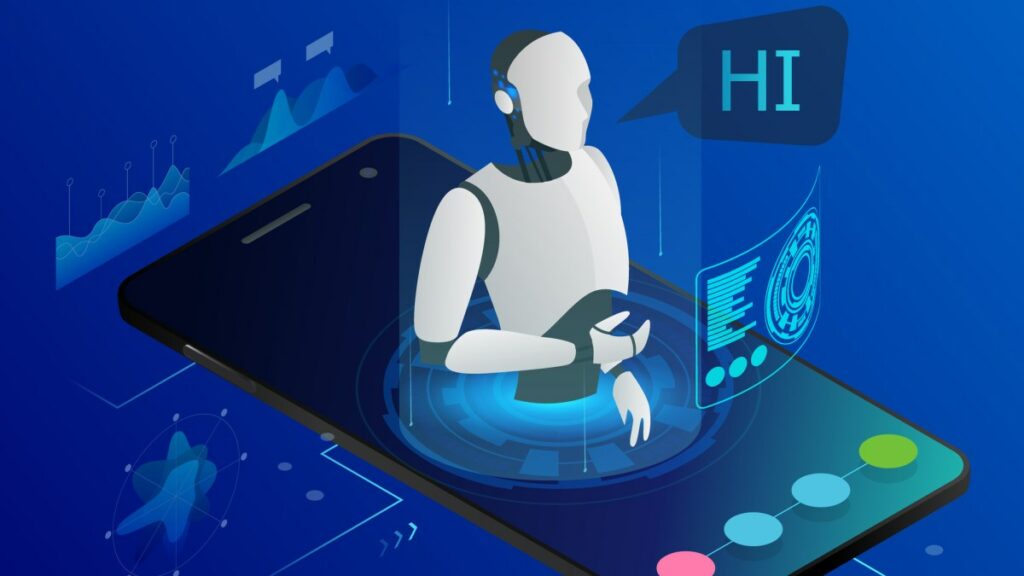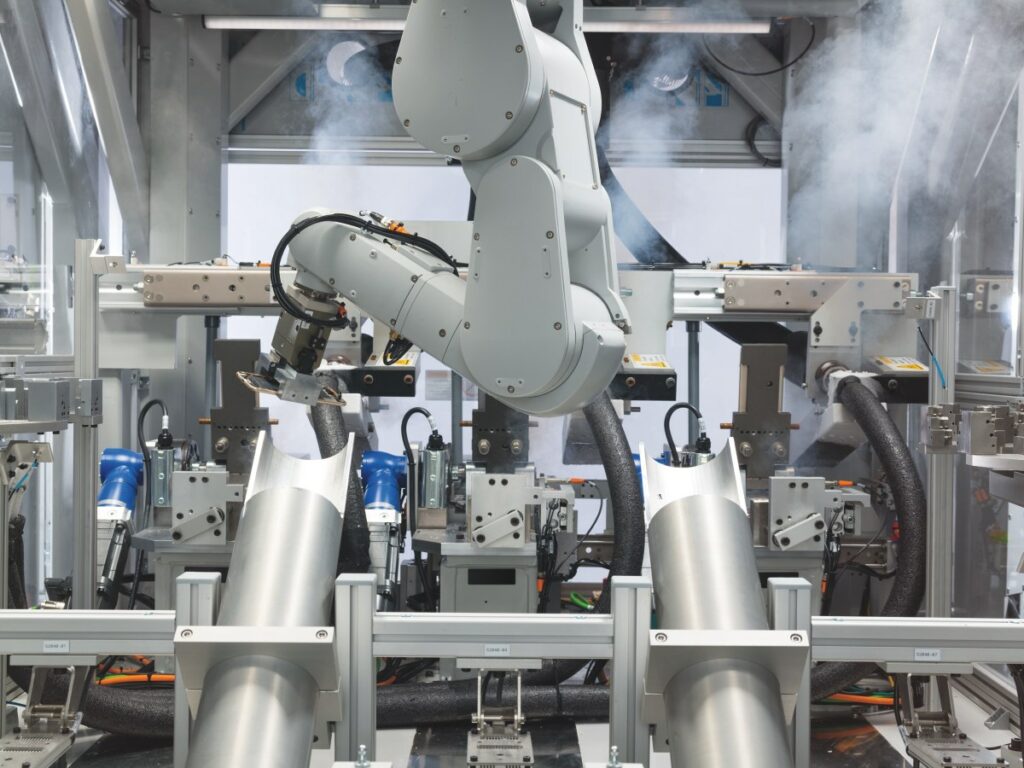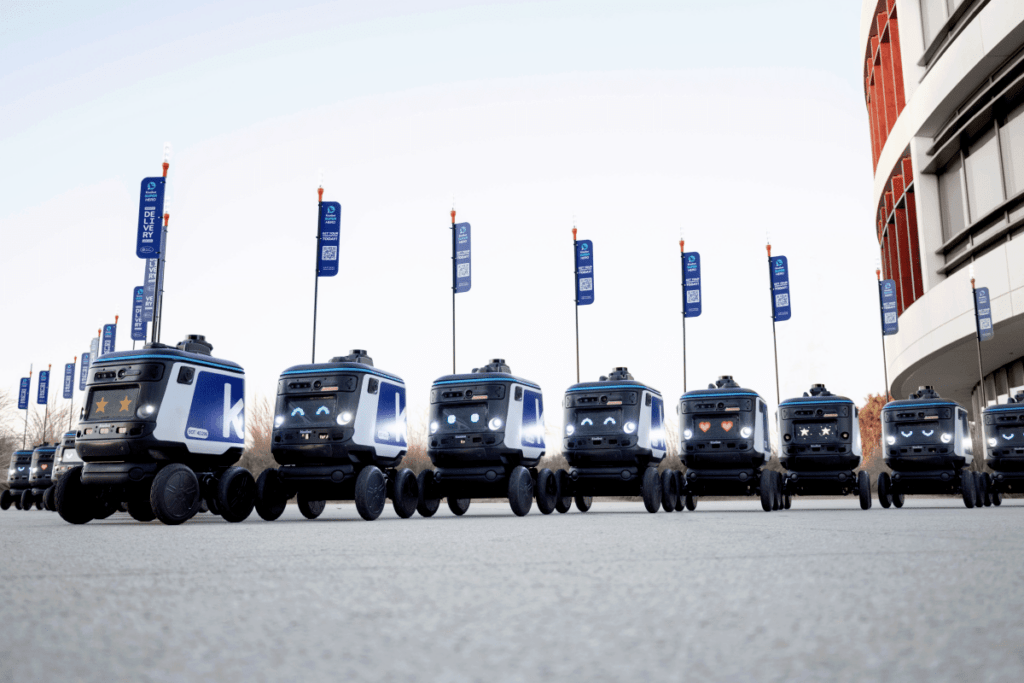MIT research scientist Jerry Pratt is back at it. In 2022, he left Boardwalk Robotics, a humanoid startup he founded and led, and joined the well-funded ranks of the Bay Area-based robotics firm Figure as its CTO months before it exited stealth. But he and Figure quietly parted ways last month.
Last week, when Pratt made his exit public on LinkedIn, he used the opportunity to announce the founding of another entry in the increasingly crowded world of humanoids. Persona AI is presently as early stage as early stage gets, having been officially founded only last month.
The startup is the brainchild of Pratt and longtime associate Nic Radford, an industry vet with his own impressive resume, including seven years as part of NASA’s robotics before founding Nauticus Robotics and Jacobi Motors.
“We wanted to get some early indications from both people who wanted to work with us and investors, that if we did something like this on LinkedIn, it wouldn’t fall flat on its face,” Radford told TechCrunch.
The news was as much a hiring announcement as brand unveiling. “Hey LinkedIn!” Pratt enthusiastically noted on the business site. “Ever dreamt of creating your own Iron Man suit but without the billionaire playboy part?”
Radford and Pratt say they want to bring on additional 10 to 20 “founders” (their quotes) to help shape the company. “Jerry and I are obviously a pivotal part of this,” Radford said, “but so will the next 18 people in. We really want to illustrate to them the esprit de corps of the company.”
At this early stage, Persona’s pitch doesn’t stray far from the various humanoid firms with which it’s set to compete. The introductory text on its website is largely a celebration of those technological breakthroughs that form the foundation of this unique moment in robotics.
The founders write:
Now is a good time for the commercialization of humanoids. Computer vision and perception algorithms can now detect motion, identify and segment objects, and estimate poses at frame rate; electronics and computation have shrunk in size and increased in performance, such that they can be fully onboard a robot and not hog the energy budget; mobility and manipulation algorithms are now competent enough to maneuver around rooms and do commercially useful work; machine learning is increasing robot capabilities while reducing programming burden; investors are starting to believe in the potential of humanoids; and commercial entities are requesting humanoid robots in various applications where they can add real value.
That’s about as deep as the pitch currently goes outside of investor decks and employee interviews. Whatever advantage Persona believes it will ultimately have over Agility, Boston Dynamics, Figure and the rest isn’t clear at this very early stage.
“In some ways, it’ll be very similar, in other ways it’s different,” Radford answered cryptically. “It’s like the way GM feels themselves against Ford or Toyota or any car company. Every company feels, deep down, they’ve got certain competitive advantages. And then, deep down, every company’s commoditized and distilled down into the same things. They all provide transportation. Do we have our version of the Dodge Hemi? We’d like to think so.”
Pratt, for one, felt confident enough in Persona’s vision to leave a top spot at one of humanoid robotics’ most prominent and best-funded companies, Figure. Pratt says the split was amicable, and when I spoke with Figure founder and CEO Brett Adcock last week about his new project, Cover, he spoke highly of his former CTO. Pratt says the decision was, in part, geographical.
“I was going between Pensacola [Florida] and California every two weeks,” Pratt said. “At first when I joined Figure, I thought [Pratt and his wife] could move to California at about the two-year mark. I had planned to do it, but it just really wouldn’t work out. It was a fairly mutual parting of the ways.”
Rather than setting up shop in a traditional robotics hotbed like Boston or Pittsburgh, Persona will split its operations between Pratt’s home of Pensacola and Houston. The latter will serve as the company’s primary headquarters, eventually accommodating around two-thirds of Persona’s staff.


